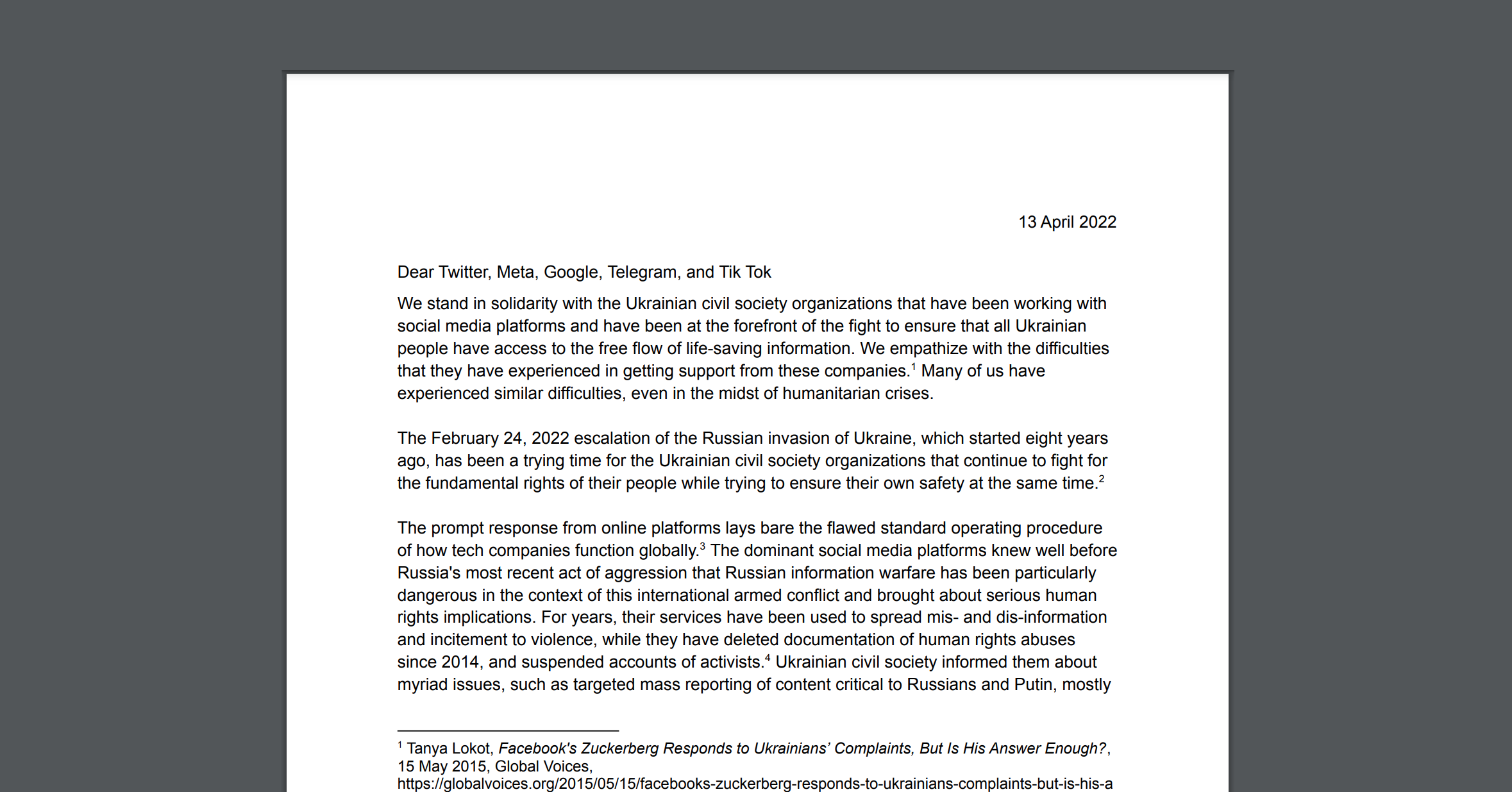Meta abruptly ends US fact-checks
Social media giant Meta made a significant change by cutting back on its content moderation policies, which included discontinuing its US fact-checking program. This move aligns with the priorities of incoming president Donald Trump.
Meta's founder and CEO Mark Zuckerberg announced, "We're going to get rid of fact-checkers that have just been too politically biased and have destroyed more trust than they've created, especially in the US." He further mentioned that Meta platforms like Facebook and Instagram will now use community notes similar to X (formerly Twitter) in the US.

Shift in Policies
This unexpected announcement from Meta resonates with the longstanding complaints made by the Republican Party and X owner Elon Musk regarding fact-checking, which many conservatives perceive as censorship. There have been arguments that fact-checking programs tend to target right-wing voices disproportionately, leading to proposed laws in states like Florida and Texas to restrict content moderation.
Reconciliation Efforts
The move comes as the 40-year-old tycoon has been working to mend ties with Trump since his election in November. This includes a significant gesture of donating one million dollars to Trump's inauguration fund. Despite his previous criticisms, Trump was banned from Facebook after the January 6, 2021, US Capitol attack. However, his account was reinstated by the company in early 2023.

Zuckerberg's meeting with Trump at Mar-a-Lago in November and the recent appointment of Joel Kaplan, a former Republican official, to lead public affairs at Meta, replacing Nick Clegg, further indicate efforts to strengthen ties with the Trump administration.
Challenges and Perspectives
Kaplan highlighted concerns about excessive censorship of harmless content and individuals facing unwarranted restrictions on social media platforms.

The discussions around content moderation policies, especially in relation to political biases, continue to evolve, raising questions about the balance between free speech and regulation on online platforms.
Comments Policy
Comments on this article are moderated and will be published if they are relevant and respectful. For more details, please refer to our Comments FAQ.
Recent Updates
Stay informed with the latest developments:




















